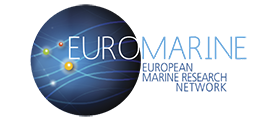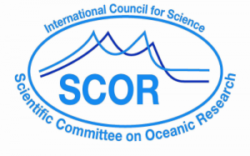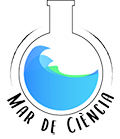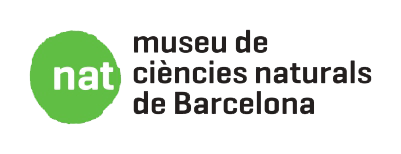Presentation of the edition
We have a limited understanding of the long physicochemical and biological evolution of the ocean. In a context of climate change, it is crucial to better understand the paleo-ocean and how it has evolved into the present ocean. That information would allow us to generate better predictions of the future ocean. Thus, the main aim of this workshop is to bring together scientists from different disciplines (paleoceanographers, biogeochemists, conservation biologists, microbial ecologists, ecosystem modellers, geologists and physical oceanographers) in order to develop improved perspectives on the future ocean, based on knowledge from the past and present.
The RMSC2022 will promote synergies and dialogues between different disciplines as well as networking and knowledge exchange between senior, junior and next-generation researchers from different disciplines.













